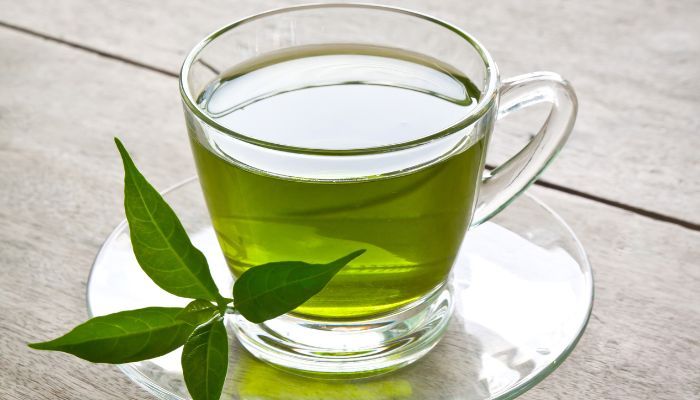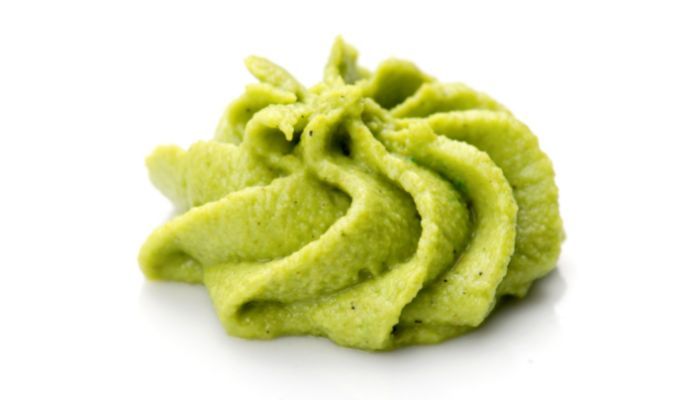Some foods can help you feel better if you suffer from allergies, while some foods can make your situation worse. That's why it's very important to have an in-depth understanding of proper allergy nutrition so that you can ensure maximum comfort and good health.
If you suffer from itchy eyes, runny and stuffy nose due to allergies or shortness of breath and wheezing from asthma, your doctor will most likely prescribe one of the different types of antihistamines, decongestants, corticosteroids, bronchodilators and other medications to tame your allergy symptoms and enjoy more comfort and better health.
Making just a few simple changes to your diet can also help you feel better. Further down in theBiopedia article, you'll find a few helpful habits and effective tips for proper allergy nutrition.
Allergy nutrition - green tea intake
Tea, especially when it comes to green tea, whether with or without caffeine, is a very good choice for allergy sufferers. In general, tea contains natural antihistamines, making it a great addition to your diet to reduce the symptoms of the allergy you suffer from.

Histamine is a chemical that your body releases during allergic reactions. Experts specifically recommend consuming green tea in the morning after getting up so that you can instantly reduce or prevent morning sneezing and nasal congestion.
Allergy nutrition - avoid spicy foods at high levels of pollen
Some people with seasonal allergies may enjoy spicy Asian cuisine or hot Mexican dishes during part of the year, but not when high pollen counts in the air trigger their allergy symptoms.

This is because spicy foods create an "outpouring of histamine" that can cause a lot of discomfort when added to the histamine produced by your seasonal allergies. When your allergy symptoms intensify, skip spicy foods, no matter how much you love them.
Allergy nutrition - switch to a Mediterranean diet
There is some research to support the idea that following a Mediterranean diet increases a person's chance of controlling asthma and other allergic conditions affecting the respiratory system. This diet includes lots of fruits, vegetables, beans, whole grains, fish and olive oil and a significantly smaller amount of meat.

Allergy nutrition - do not eat raw foods
Along with other raw foods, fresh apples or the pesticides on the lettuce in your salad can provoke your allergies. During peak allergy season, when symptoms are really bothering you, leave fresh foods out of your daily routine for a short while and stick to canned and cooked foods, suggest experts in the field.

Cooking foods reduces the risk of developing allergy symptoms. So switching from, say, fresh apples to applesauce or baked apples with honey and cinnamon can help and you'll still be able to enjoy the taste and benefits of eating your favorite fruits and vegetables.
Eat wasabi
Wasabi is the spicy green pasta that is served with sushi in Japanese restaurants. Many people find eating it overwhelming due to the fact that wasabi is a really spicy pasta, especially for the taste of Bulgarians. However, it is exactly what can help you unclog your nose and breathe better when you have allergy symptoms such as runny and stuffy nose.

So next time your nose is severely stuffy, go to a sushi restaurant for some wasabi. It might do the trick if you can stand the spiciness of it. However, this method is not guaranteed as wasabi also has the potential to unleash more allergy-related histamine in your body.
Eat yoghurt
It is highly recommended that people with allergy symptoms add yogurt and other sources of probiotics to their daily diet. This is not a complicated endeavor for the Hash latitudes because yogurt is a common and beloved product in this country.

Probiotics are known as "friendly bacteria." They are usually listed on the labels of various food products as lactobacillus or bifidobacterium and are similar to the bacteria found in the human digestive tract.
Consume less salt
Studies have found that diets higher in salt may be linked to more severe asthma. Against this backdrop, other studies have found that a low-salt diet can improve lung function, reduce symptoms of asthma and other respiratory-related allergies, and reduce the need for medications in people with asthma.

Good ways to reduce salt in your diet include eating lots of fresh vegetables and reducing processed foods such as canned foods and semi-cooked meals.





Comments